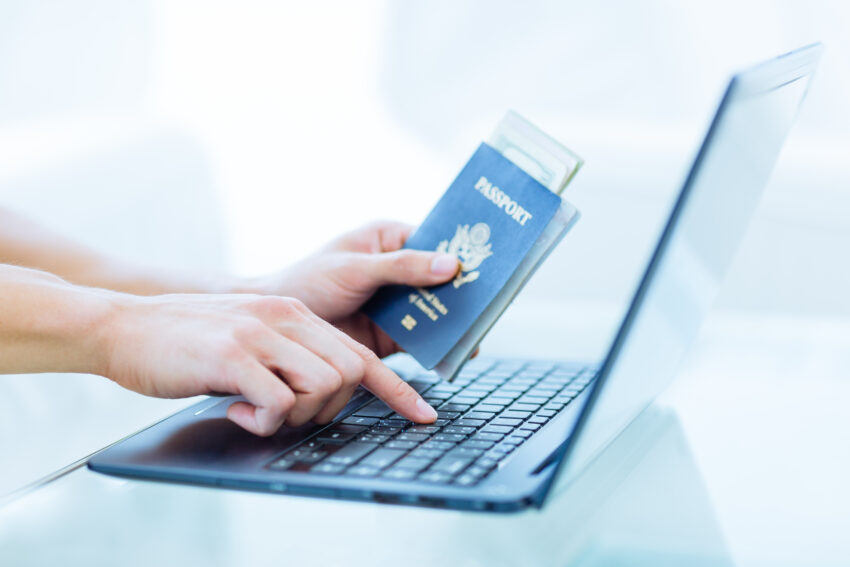
"International recruitment presents a practical solution, but bringing non-UK workers into your business involves more than offering a job. Hiring from overseas requires a clear understanding of immigration rules and a commitment to managing those responsibilities well. Each step must be handled with care, as small missteps can delay recruitment or even result in licence refusal. Businesses that approach this correctly can access a wider talent pool without exposing themselves to unnecessary risk."
"Any business that wants to hire a worker who does not have permission to work in the UK will usually need a sponsor licence. This applies to most international workers, unless they already have settled status or a visa that allows them to work without employer sponsorship. Most commonly, sponsorship is required for Skilled Worker visa applicants. This includes workers in fields such as healthcare, engineering, IT, and construction, provided the role appears on the list of eligible occupations."
Employers across the UK face hiring challenges when specialist skills are scarce. International recruitment can provide access to a wider talent pool but requires more than offering a job. Hiring from overseas demands understanding immigration rules and managing sponsorship responsibilities carefully to avoid delays, enforcement action, or licence refusal. A sponsor licence is usually required for workers without permission to work in the UK, including most Skilled Worker visa applicants. Employers must ensure roles meet eligibility criteria, are genuine, and are not created solely for visa purposes. Businesses must pass UKVI checks confirming legitimacy and appropriate systems before applying for a licence.
Read at Business Matters
Unable to calculate read time
Collection
[
|
...
]